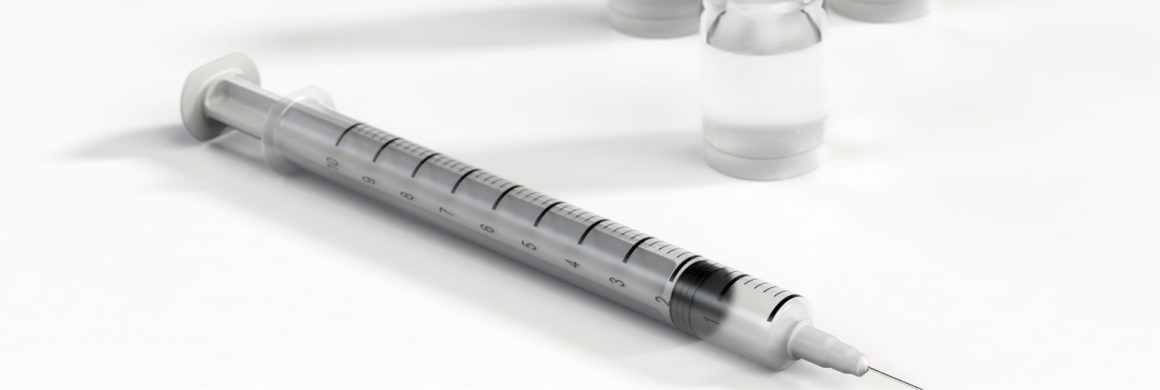Vaccinations are a must for most performance horses, and vaccinating your horse is a routine aspect of his health care. While vaccines are carefully developed and monitored to be as safe as possible, adverse reactions can and do happen. These tips can help you to maximize your horse’s safety when he does need to be vaccinated.
Determine Your Horse’s Risk Factors
One of the simplest ways to reduce your horse’s risk of having an adverse vaccine reaction is to only give him the vaccines that he absolutely needs. Think carefully about your horse’s risk factors for contracting different diseases, particularly those that are generally non-fatal, such as strangles and equine influenza. If your horse travels, competes, or is frequently exposed to new horses, then his risk will be elevated. However, if your horse lives a relatively secluded life and doesn’t compete, you may be able to forego those vaccines.
Additionally, you will want to monitor disease outbreaks in your region. Your vet can likely provide you with this information, as can your local Department of Agriculture and the Center for Disease Control. If outbreaks occur, you may want to opt for some vaccinations that you would not typically administer.
Ensure Your Horse Is Healthy
You should never vaccinate a sick horse, as a weakened immune system can lead to an increased risk and severity of adverse reactions and illnesses from the vaccine. Make sure that your horse is well before vaccinating him. Your vet will likely give your horse a basic physical, including taking his temperature. If you opt to vaccinate your horse yourself, make sure that you watch your horse for signs of illness, take his temperature, and only vaccinate him when he is healthy.
Divide Up Vaccinations
Many vets suggest that dividing up vaccinations may help to reduce the stress that they put on the horse’s body. Giving vaccinations a few weeks apart, especially when you’re administering more than two or three vaccinations, may contribute to keeping your horse safer during the process.
When you do give multiple vaccinations, make sure to use both sides of the horse’s neck, and note which vaccine is given where. If your horse has significant swelling as a result, this technique can help you to identify which vaccine caused the problem.
Monitor Your Horse Closely
It’s important to monitor your horse closely, both immediately after the vaccination is given and for the next few weeks. Take your horse’s temperature, monitor his eating habits, and watch for signs of lethargy, itchiness, or other unusual issues. Have Banamine, or similar, on hand in case your horse does have an allergic reaction.
Discuss Adverse Reactions With Your Veterinarian
If your horse develops an allergy or illness after a vaccine, be sure to report this information back to your veterinarian. Your vet will contact the vaccine manufacturer to report the incident, contributing to the monitoring that helps to make vaccines safer.
You will also want to note the brand of vaccine that your horse had a problem with. Discuss whether to use a different brand, or to forego the vaccination altogether next time with your vet.
Deciding to Vaccinate
Vaccinations help to keep our horses healthy, but sometimes reactions do happen. If your horse has a significant issue with vaccines, then you may need to look into preventative measures, or consider running titers to see if your horse can safely go without future vaccines.


